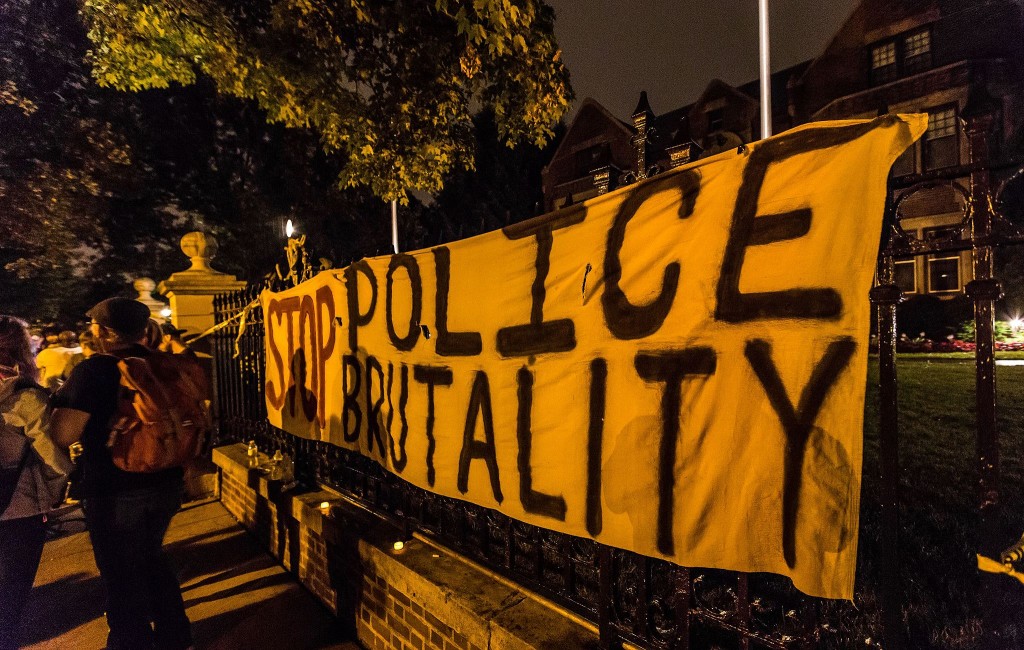Rodney King. Trayvon Martin. Michael Brown. Tamir Rice. Alton Sterling. Philando Castile. These are just some of the African American males who have suffered or lost their lives under some form of police brutality. This brutality contradicts the very mission of policing: the Ferguson Police Department’s website describes their mission as providing “protection of life and property through the enforcement of laws and ordinances” As I have previously argued, police training must emphasize de-escalation in confrontational situations. While the loss of life at the hands of an officer is shocking and appalling, we must acknowledge that the criminal justice system and mass incarceration ruin far more lives than do police shootings. Black men are snatched from their communities at astounding rates—in Ferguson there are 40 missing African American males for every 100 African American women not in jail. This chilling statistic highlights the systemic flaws in the American criminal justice system, perpetuated mainly by the War on Drugs.
Currently, the United States is decriminalizing marijuana, an effort supported by a little under 60 percent of Americans. This public opinion stands in stark contrast to how the country dealt with marijuana and other drugs during the latter half of the 20th century. The influx of crack cocaine generated significant backlash towards illicit drug use and gave rise to draconian deterrence policies. Media coverage of the crack epidemic showcased images of devastated inner-city communities and played into white stereotypes about black criminality. But there is very little difference between crack and cocaine, a drug that was used more heavily in the white community. When the Wall Street Journal asked Dr. Westley Clark, the Director of the Center for Substance Abuse Treatment, which drug was more addictive, he stated that he did not know. Despite the drugs’ similarity, possession or distribution of crack was treated under the law as 100 times worse as that of the same amount of cocaine. Even the Fair Sentencing Law, which was passed in 2010 to reduce this disparity, still views 18 grams of cocaine as the same as 1 gram of crack.
Tough drug laws like the Fair Sentencing Law disenfranchises large portions of the African American community. Almost four million Americans are barred from voting for having committed a felony, and 1.4 million of them are African American men. Convicts feels the effects of imprisonment even after they leave prison. They continue to pay penance for the rest of their life.
The hashtag #JusticeforAltonSterling will last for a couple of weeks and soon, the mainstream media will move onto other subjects. While no doubt a serious problem, the discussion of police brutality is inherently ephemeral—victims appear for a short time and then disappear. The image of Alton Sterling getting shot will remain in the memory of many viewers, shocked that a man lost his life due to selling CD’s. But for every Alton Sterling, there are countless people who lose their lives and opportunities due to an extremely biased prison system. They are in the shadows, silently filling up state and federal prisons. Their names are erased as they become another prison statistic. All lives can’t matter if the criminal justice system disproportionately distributes punishment to people of color. In the immortal words of Jay Z, “Men lie, Women Lie, Numbers Don’t.” And the numbers point to the conclusion that black lives don’t matter to the American criminal justice system.
Image Credit: Tony Webster/Wikimedia Commons
